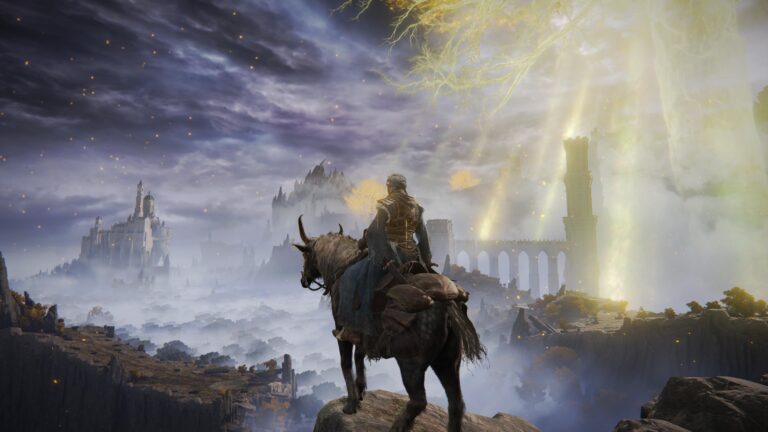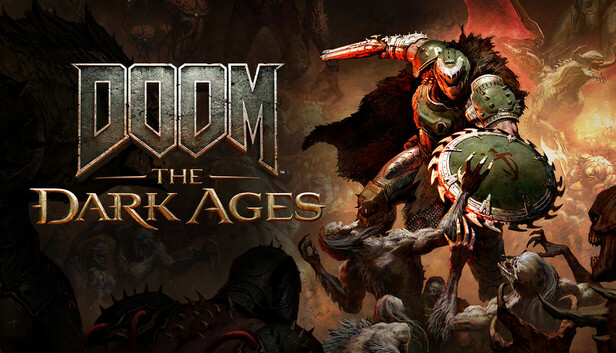Platform | Nintendo Entertainment System |
|---|---|
Publisher | Enix |
Genre | JRPG |
Release Date | 05/27/1986 |
Story
Dragon Quest, originally released in 1986, is a seminal role-playing game that laid the foundation for a genre that would flourish in the coming decades. Set in the fictional land of Alefgard, the game tells the tale of a nameless hero, a descendant of the legendary warrior Erdrick, who embarks on a quest to save the kingdom from the evil Dragonlord. The Dragonlord has stolen the Ball of Light, plunging Alefgard into darkness and despair.
The narrative is straightforward yet captivating, drawing players into its medieval world filled with mythical creatures and epic quests. The hero must gather essential items, defeat powerful enemies, and ultimately confront the Dragonlord in an epic showdown. Along the way, players encounter a variety of characters, each contributing to the rich tapestry of the game’s lore.
Despite its simplicity, the story of Dragon Quest is elevated by its charming dialogue and engaging world-building. The game invites players to explore towns, interact with villagers, and piece together the history of Alefgard, making for an immersive experience that was groundbreaking for its time.
Gameplay
Dragon Quest is renowned for establishing many of the conventions that would become staples of the RPG genre. The gameplay centers around exploration, turn-based combat, and character progression. Players navigate through a top-down perspective, exploring towns, dungeons, and the overworld map. The game features random encounters with enemies, requiring strategy and resource management to succeed.
The combat system is straightforward but engaging. Players take turns selecting actions such as attacking, casting spells, or using items. As the hero defeats enemies, they gain experience points, which increase their level and improve their stats. This sense of progression is a crucial element that keeps players engaged as they strive to become powerful enough to face the Dragonlord.
Dragon Quest also introduced the concept of saving and continuing, allowing players to record their progress at inns or by speaking with the King. This was a significant innovation at the time, providing a more forgiving experience compared to other games that required completion in a single session.
Graphics and Sound
For its time, Dragon Quest featured impressive graphics that helped define the aesthetic of early RPGs. The game’s pixel art style, designed by Akira Toriyama, the creator of Dragon Ball, is both charming and iconic. The character sprites and enemy designs are memorable, capturing the whimsical yet adventurous tone of the game.
The world of Alefgard is brought to life with colorful environments and detailed towns, each with its unique look and feel. The game’s visual design has become a hallmark of the series, influencing the art direction of future entries.
The sound design of Dragon Quest is equally noteworthy. Composed by Koichi Sugiyama, the game’s soundtrack features a variety of musical themes that capture the spirit of adventure and danger. The main theme, in particular, has become synonymous with the series, evoking a sense of nostalgia and excitement for fans.
Legacy and Reception
Dragon Quest was a massive success in Japan, selling over 1.5 million copies and establishing itself as a cultural phenomenon. Its influence on the RPG genre cannot be overstated, as it set the template for countless games that followed. The game was praised for its engaging gameplay, charming story, and innovative design, earning a dedicated fanbase that continues to grow.
While initially met with modest reception in North America under the title Dragon Warrior, the game has since gained recognition as a classic. Its impact on the gaming industry is profound, inspiring developers and shaping the development of future RPGs.
The success of Dragon Quest led to numerous sequels, spin-offs, and adaptations, solidifying its place as one of gaming’s most beloved franchises. The series has become synonymous with the RPG genre, celebrated for its consistency in quality and innovation across its many iterations.
Conclusion
Dragon Quest remains a cornerstone of the RPG genre, its influence felt in countless games that followed. The game’s engaging story, strategic gameplay, and charming presentation set a standard for quality and innovation. Its legacy is preserved in the hearts of fans and its impact on the gaming industry is undeniable.
As a trailblazer in the world of RPGs, Dragon Quest continues to inspire new generations of gamers and developers alike. Its timeless appeal and enduring legacy ensure that it will remain an important part of gaming history for years to come.















